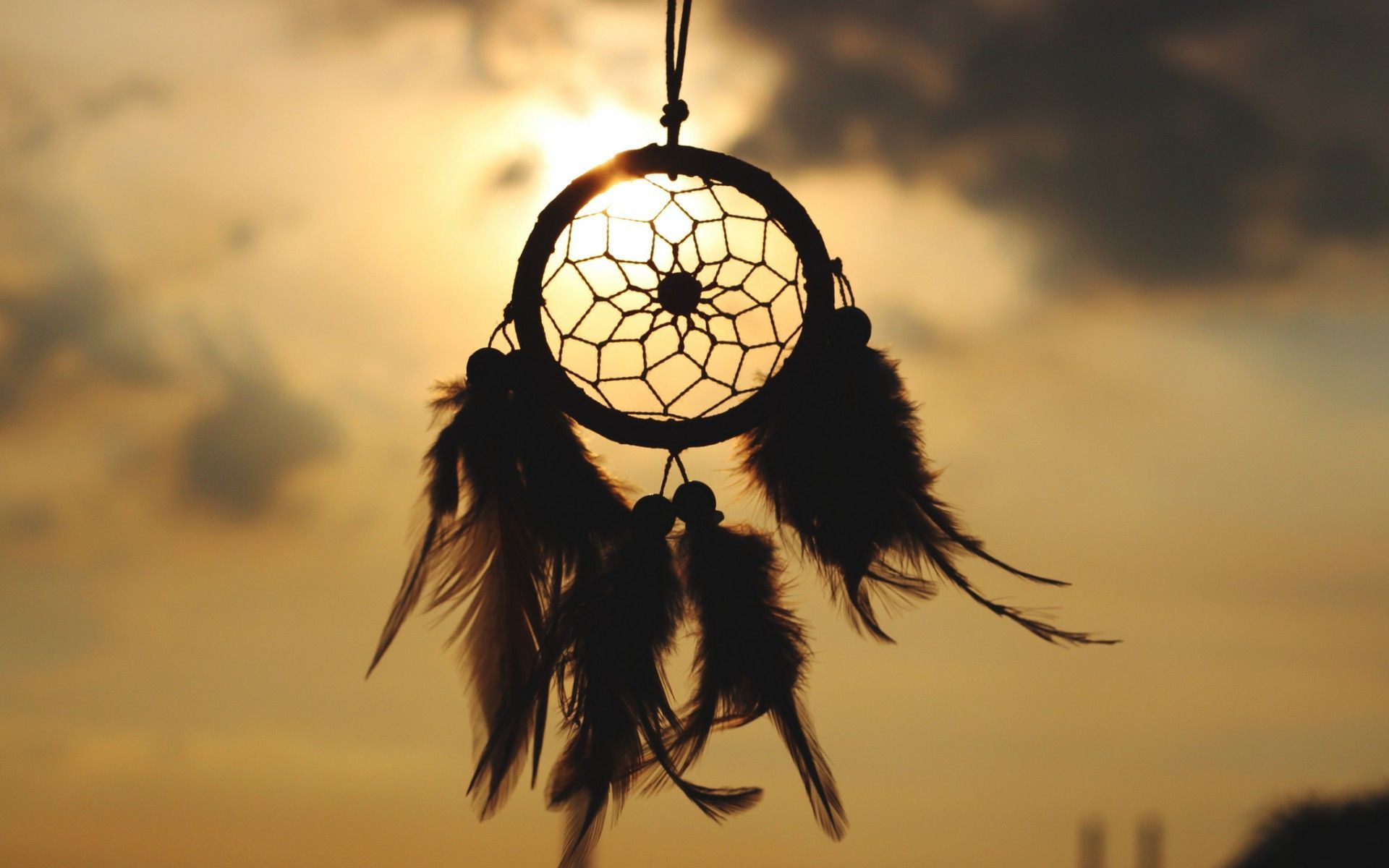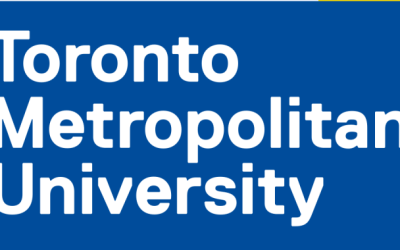The Province of Ontario has put indigenous municipal councillors into a special category. Because they are Indigenous, they are no longer required to swear or affirm allegiance to Her Majesty Queen Elizabeth II before taking office. This exception arose as newly-elected town councillor Gaetan Baillargeon of Hearst, Ontario refused the oath, saying: “I pledge allegiance to the Indigenous peoples. (The Queen) doesn’t represent me (and) nor does the Crown.”
Mr. Baillargeon said he would not take the required oath because, as he said, the Crown represents Indian residential schools, the reserve system and broken treaties.
In response, the government of Ontario changed the rules and allowed an alternate oath of office for indigenous municipal councillors who do not wish to swear or affirm allegiance to Her Majesty. Ontario Municipal Affairs Minister Steve Clark said he ordered an oath that would “better reflect the views of Indigenous people.”
Mr. Baillargeon is a member of Constance Lake First Nation, located near Hearst. The band is a signatory to Treaty No. 9 (1905), which includes the following promise: “… and the undersigned Ojibway, Cree and other chiefs and headmen, on their own behalf and on behalf of all the Indians whom they represent, do hereby solemnly promise … to conduct and behave themselves as good and loyal subjects of His Majesty the King.”
By his disloyal conduct, Mr. Baillargeon is violating his Band’s treaty obligation to the Crown. He talks about “broken treaties” justifying his conduct. He should look in the mirror.
Under Canada’s constitutional arrangements, Her Majesty Queen Elizabeth II and her predecessors have always been the heads of our Canadian confederation. Treaty No. 9 and all the other treaties explicitly acknowledge that. What is it about that fact that escapes Mr. Baillargeon? Or is he simply grandstanding?
A “good and loyal subject” ought not to have any hesitation about swearing or affirming allegiance to Her Majesty.
Why this willingness on the part of the Ontario government to pander to an unpatriotic request from an Indigenous person? Why must there be an optional special oath for Indigenous citizens?
Have the Canadian and Ontario governments become incapable of using the word “no”?
Is this not a form of two-tier justice? Is this not setting a dangerous precedent? Will angry Quebecers be next? Angry Albertans? What about any ordinary, angry Canadian? I’m angry about the way Indigenous issues are handled in Canada. What if, because of my anger, I blamed the Crown, the titular head of the government whose conduct I’m not happy with?
In fact, given the misguided approach to Indigenous affairs at the highest levels of the executive and judicial branches of our country, if it were not for the abiding respect for humanity, stability, the rule of law and public sanity which the generally racially decent and caring Canadian people possess, one might wonder if there would be any discernible stability or sanity left in our country. Our leaders are failing us here, and jeopardizing all these hard-won values.
Indigenous leaders often cite King George’s 1763 Royal Proclamation in making their cases for many of their claims. This demonstrates their recognition of the Crown as the fount and foundation of many of their rights. By renouncing his loyalty to the Crown, in the person of King George’s distant successor, is Mr. Baillargeon not also renouncing the rights and benefits his Band derives from the Crown?
Many Canadians – myself included – agree with Mr. Baillargeon that there are serious problems arising from the Indian Act and the treaties. We agree the history of the Indian residential schools is an egregious one. This has nothing whatever to do with the fact that when we swear or affirm allegiance to Her Majesty, what we are really doing is promising to be good citizens (good and loyal subjects) and respect the laws of Canada. Good citizenship is essential if we are to have a united, civilized country.
We can of course understand if Mr. Baillargeon feels the collective anger of many Indigenous Canadians. But he is a Canadian; his duties as a municipal councillor are exactly the same as those of all municipal councillors across Canada.
What is more difficult to understand is that the government of Ontario would be so willing to compromise on a matter like this. “Let’s just humour the man. In the spirit of reconciliation, let’s empathize with him and just make the matter go away.” This unprincipled and irresponsible behaviour of the Ontario government sets a dangerous precedent. Governments are supposed to act on principles and take the long view on issues like this. They are stewards of our always fragile civic heritage. Ontario failed us on all counts here.
Then there is the question of equality. Once again, a provincial government in Canada is continuing the federal tradition of treating indigenous Canadians as special Canadians. This special treatment has been hurting Indigenous people for generations, it makes many people very angry, and it must stop.
If we cannot see and treat each other as equal fellow Canadians, resentments will continue to grow, not shrink. It is naive to think this special status approach in any way promotes reconciliation. It does exactly the opposite. Reconciliation requires apologies for wrongs, atonement (compensation) and – most importantly now – understanding on all sides.
If Mr. Baillargeon can so easily persuade Premier Doug Ford’s Progressive Conservative government of Ontario to cave in to such an unpatriotic and legally destabilizing demand, just take the time to review what an easy mark Prime Minister Justin Trudeau’s Liberal Government of Canada has been for Indigenous leaders since its election in 2015.
And that government is far from finished caving. As we have seen repeatedly, it searches eagerly for opportunities to do more of it. All it needs is more “special Canadians” like Gaetan Baillargeon.



